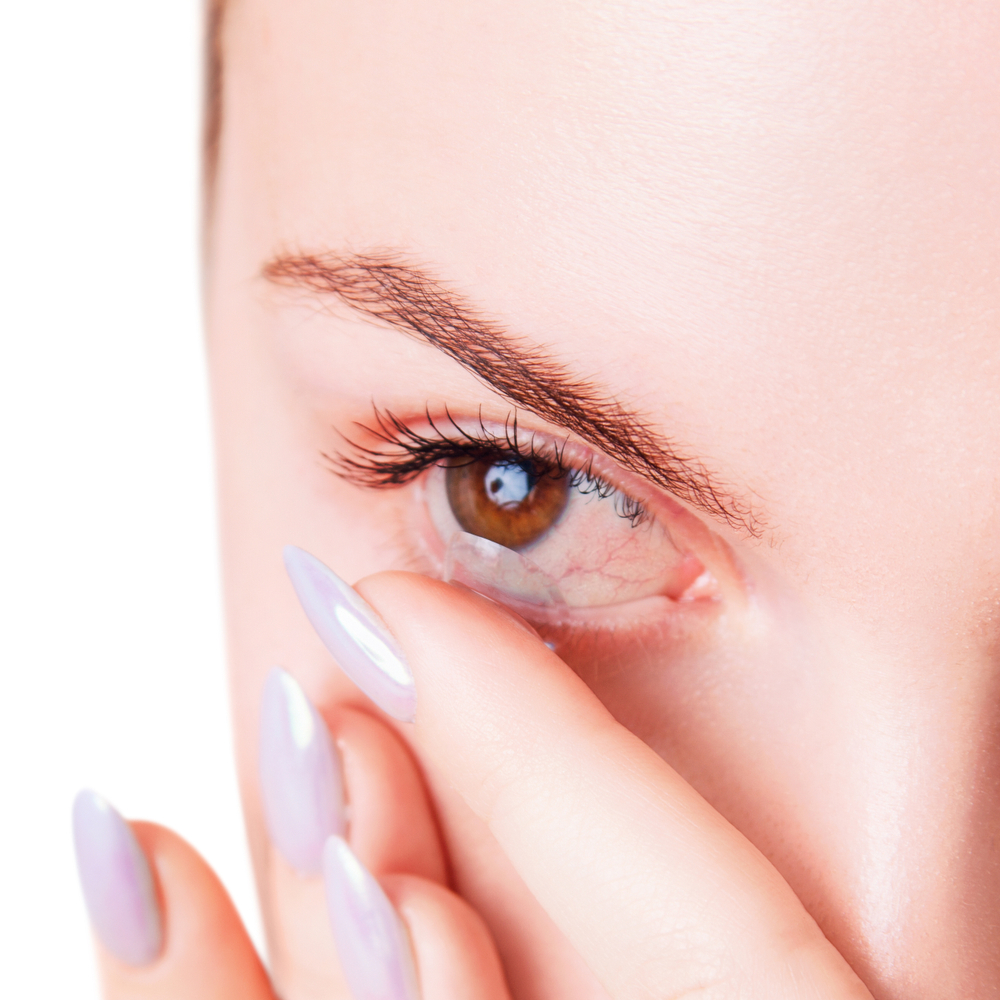Good Vision Optical Blog
Learn more about optometrist care in our blog!

Wearing contact lenses provides crisp, convenient vision - but for many people, it can also contribute to uncomfortable dry eye symptoms. Our eye doctor in Dallas, TX, is committed to helping you enjoy clear, comfortable vision. By understanding why dryness occurs and exploring the right lens options and treatments, you can get back to wearing your contacts without the discomfort.

In today’s digital age, we spend more time than ever in front of screens. While technology has made life more convenient, it has also brought new challenges for our eyes. One of the most common issues people experience is Computer Vision Syndrome (CVS), sometimes called digital eye strain. Understanding this condition and taking steps to prevent it can help protect your vision and keep your eyes comfortable.

Watching your little one squint at the whiteboard can be tough. You might think about what they are facing daily. Those headaches after school? They just make it worse. It is rough to see them struggle.

Are you squinting more often, experiencing frequent headaches, or noticing blurry vision when reading signs at a distance? These common issues could indicate that you might need corrective lenses. Recognizing the signs early can help maintain your visual health and overall quality of life.

When it comes to vision correction, the choice between contact lenses and glasses is deeply personal, depending on your lifestyle, preferences, and specific vision needs. Both options have distinct advantages and considerations, and understanding them can help you make the right decision for your eyes. Here’s a closer look at how contact lenses and glasses compare to help you determine which is the best fit for you.

Regular eye exams are crucial for children's overall health and development. As a parent, you want to ensure your child's eyes are developing properly and that any vision problems are detected and addressed early on. Pediatric eye exams go beyond simply checking for visual acuity; they assess the entire visual system, including eye coordination, depth perception, and more.

Your eyes are the windows to the world, providing you with a vivid and detailed view of your surroundings. However, when these precious organs encounter discomfort or irritation, it can significantly impact your daily life. From dry, itchy eyes to redness and discomfort, a variety of common eye conditions can arise, leaving you wondering about the underlying cause and the appropriate course of action.

Many people overlook the importance of routine eye exams, assuming that as long as their vision is clear, there's no need to see an eye doctor. However, routine eye exams are not just about checking your vision; they are crucial for maintaining your overall health.





